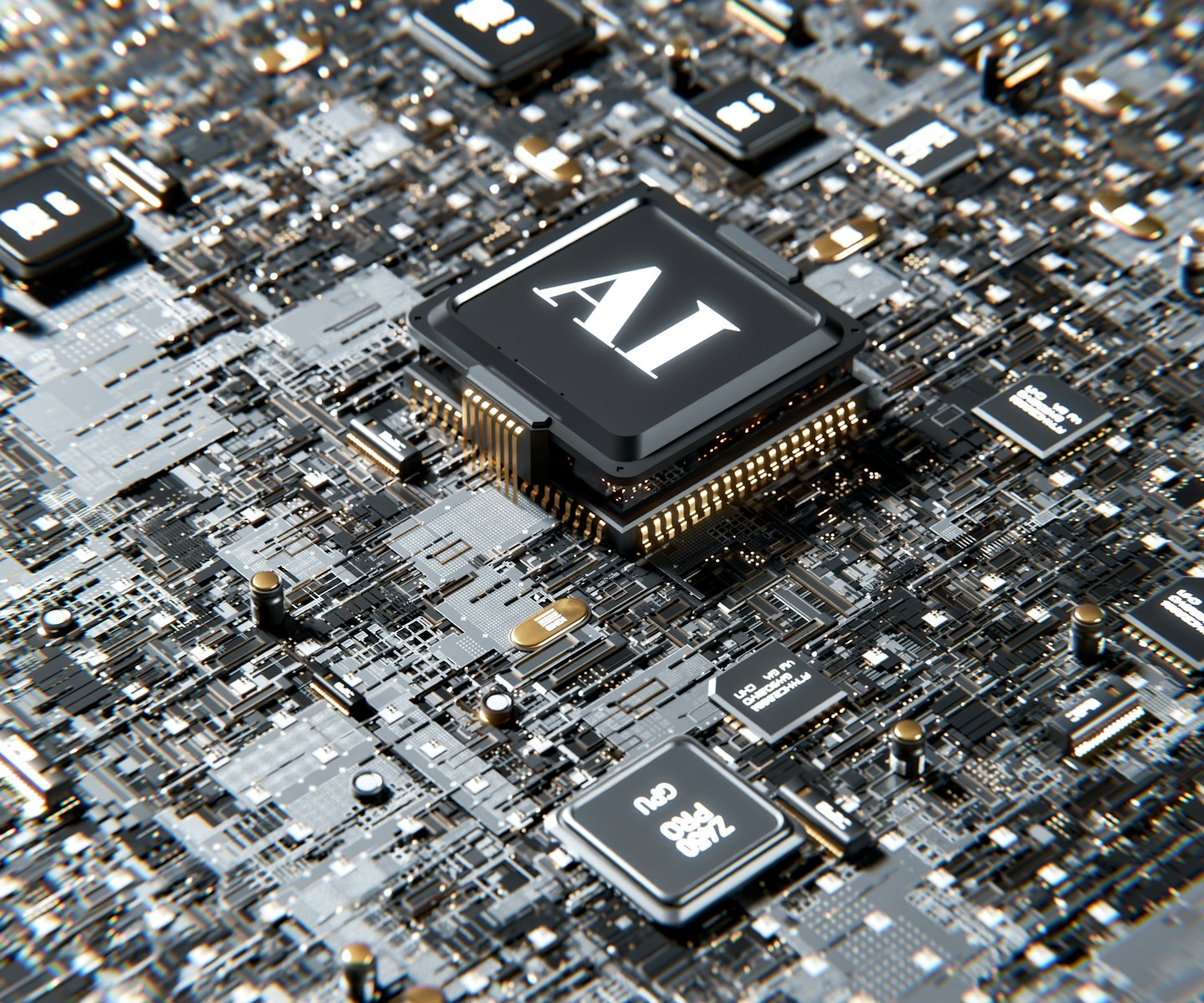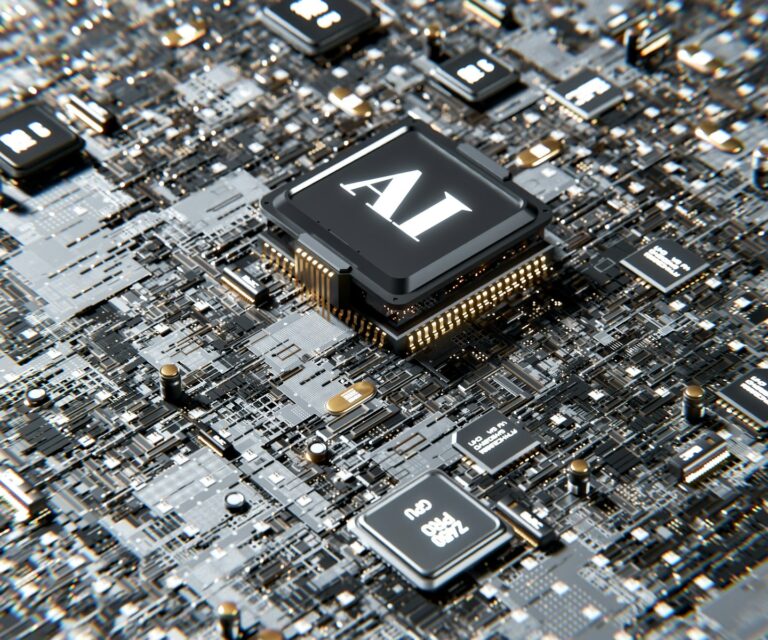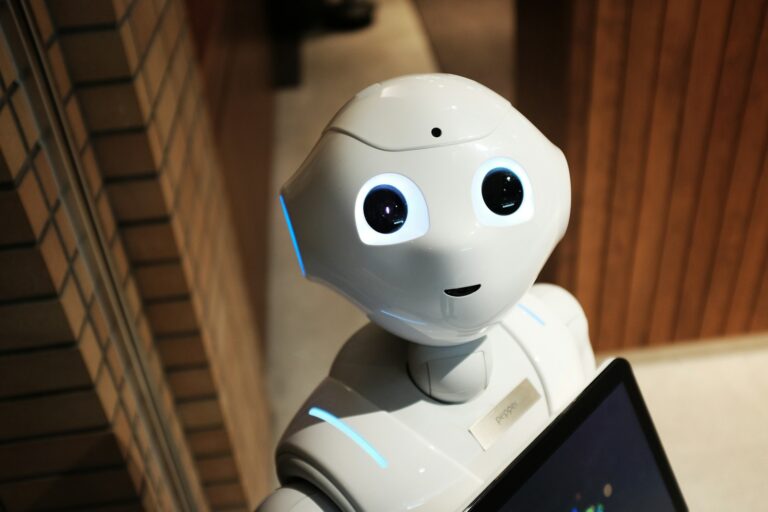Healthcare: AI Agents as “Digital Nurses” for Patient Monitoring
Healthcare is entering a new era — one defined by intelligent systems that don’t just assist doctors, but actively care for patients. At the center of this transformation are AI agents acting as digital nurses — autonomous, always-on companions that monitor patient health, detect early warning signs, and even coordinate interventions before humans can.
The Rise of the Digital Nurse
The global shortage of healthcare workers, combined with aging populations and increasing chronic conditions, has created unprecedented strain on medical systems. AI agents are emerging as a solution — augmenting clinical staff and ensuring continuous care beyond hospital walls.
Unlike traditional health apps or wearables, digital nurse agents are proactive caregivers. They don’t just collect data — they interpret, act, and communicate.
These agents can:
- Continuously monitor patient vitals and health metrics.
- Analyze deviations in real time and predict complications.
- Send alerts to care teams or family members.
- Recommend lifestyle adjustments or medication reminders.
- Coordinate with other agents or hospital systems for intervention.
Essentially, digital nurses extend clinical oversight into the home, creating a safety net of autonomous, personalized care.
How AI Agents Are Redefining Patient Monitoring
AI-driven patient monitoring is shifting from passive observation to intelligent healthcare orchestration. Here’s how:
1. Continuous, Contextual Monitoring
Digital nurse agents integrate data from wearables, sensors, and medical devices — not just measuring numbers, but understanding patterns. They detect trends like rising heart rate variability, disrupted sleep, or irregular blood glucose levels and respond proactively.
2. Predictive Health Management
Using machine learning and patient-specific baselines, AI agents can identify risks before symptoms appear — predicting heart failure, infection, or stress-related conditions days in advance.
3. Automated Care Coordination
Digital nurses communicate with physicians, pharmacists, and caregivers through secure, autonomous systems. They can schedule appointments, request refills, or send clinical updates without human prompting.
4. Emotional Support & Engagement
Advanced conversational agents provide empathetic communication, daily check-ins, and mental health support — reducing patient isolation, especially in elderly and chronic care settings.
Real-World Applications
- Hospital-at-Home Programs: AI agents monitor discharged patients, reducing readmissions.
- Chronic Disease Management: Diabetic, cardiac, and hypertensive patients receive personalized, real-time support.
- Elderly Care: Digital nurses detect falls, monitor nutrition, and ensure medication adherence.
- Post-Surgical Recovery: Agents track wound healing, mobility progress, and pain reports.
Startups and healthcare giants alike — from Mayo Clinic’s AI initiatives to Babylon Health’s digital triage systems — are already integrating these intelligent nurse agents into clinical workflows.
Benefits for Patients and Providers
- 24/7 Monitoring: AI agents never rest, ensuring continuous oversight.
- Early Intervention: Proactive alerts prevent complications and hospitalizations.
- Personalization: Care is tailored to individual needs, not generalized data.
- Efficiency: Clinicians can manage more patients with less administrative burden.
- Empowerment: Patients take an active role in their own health with real-time insights.
Challenges and Ethics
Despite their promise, digital nurse agents introduce new challenges:
- Data Privacy: Sensitive health data must be protected from breaches.
- Trust: Patients must understand how AI decisions are made.
- Regulation: Ensuring compliance with HIPAA, GDPR, and medical device standards.
- Bias: AI must be trained on diverse datasets to avoid disparities in care.
Ethical and transparent AI frameworks will be critical to maintaining patient trust.
The Role of BestAIAgents.io
Platforms like BestAIAgents.io are helping healthcare innovators and providers discover the most advanced AI nurse and patient-monitoring agents. Whether for hospitals, telehealth providers, or research institutions, the platform serves as a trusted hub for healthcare-grade AI systems — focused on safety, compliance, and patient outcomes.
Through BestAIAgents.io, organizations can explore vetted agents for remote monitoring, chronic care management, and hospital integration — accelerating adoption of autonomous health technologies responsibly.
The Future of AI in Healthcare
In the near future, every patient may have a personal digital nurse — an intelligent, compassionate agent that continuously safeguards their well-being. Hospitals will become intelligent ecosystems of human and AI caregivers working in harmony.
AI won’t replace healthcare professionals — it will amplify their reach and precision.
Conclusion: The New Standard of Care
AI agents as digital nurses represent one of the most meaningful applications of agentic AI — blending empathy, intelligence, and autonomy to create continuous, human-centered care.
This is not the automation of medicine; it’s the augmentation of compassion.
And platforms like BestAIAgents.io are ensuring that the future of healthcare is not only smarter — but more caring than ever.












